detail profile ismail xavier
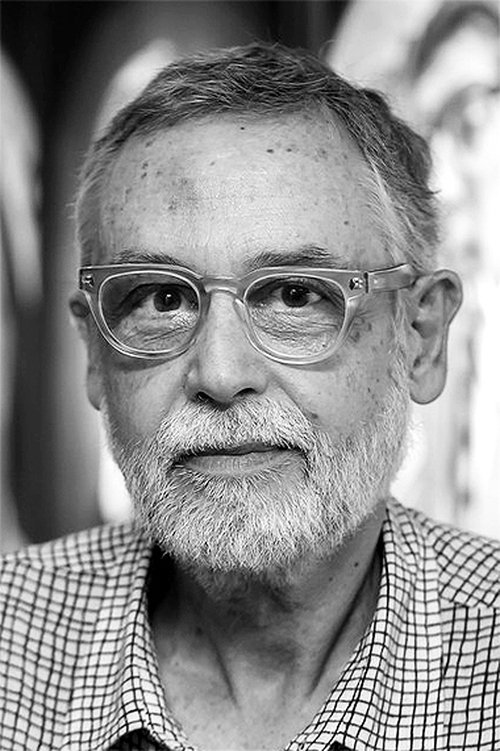
Riwayat Hidup
Ismail Xavier (Curitiba, June 9, 1947) is a theorist in the field of cinematographic studies and a professor of Brazilian cinema, considered one of the most important researchers in his field.
Info Pribadi
Peran Yang Di Mainkan Ismail Xavier
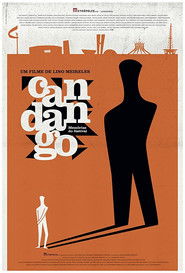 In 1965 a year after the military...
In 1965 a year after the military...Candango: Memoirs from a Festival 2020
In 1965, a year after the military coup in Brazil, an oasis of freedom opened in the country's capital. The Brasília Film Festival: a landmark of cultural and political resistance. Its story is that of Brazilian cinema itself.
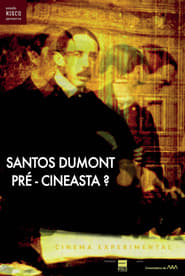 The documentarys starting point is the...
The documentarys starting point is the...Santos Dumont: Pré-Cineasta? 2010
The documentary’s starting point is the discovery and restoration of a rare and unknown photography reel reproduced from a mutoscope film, made in 1901 in London, about Santos Dumont (1873 – 1932). The work approaches historic and artistic aspects from the beginning of Cinema (pre cinema, variety film) and a cinema that appropriates archive material (found footage, recycled films), through interviews, documents, visual metaphors and the articulation of a poetic essay.
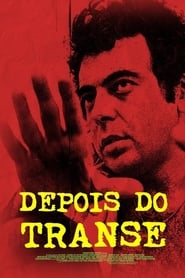 The documentary Depois do Transe covers...
The documentary Depois do Transe covers...Depois do Transe 2006
The documentary "Depois do Transe" covers the entire process of creating the masterpiece "Entranced Earth", which was released and awarded at the Cannes Film Festival in 1967. "Entranced Earth" charmed the world and won great admirers such as filmmaker Martin Scorsese and the writer Marguerite Duras, who at the time considered a "fabulous filmic opera."
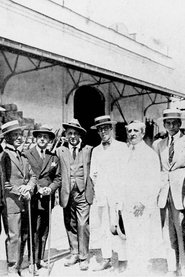 Reconstitution through photos films and texts...
Reconstitution through photos films and texts...Acaba de Chegar ao Brasil o Bello Poeta Francez Blaise Cendrars 1972
Reconstitution, through photos, films and texts, of the arrival in Brazil of the poet Cendrars, in 1924. Tributes received, visits throughout the country and the desire to make a "100 percent Brazilian film". Testimonials from figures who lived with the intensity of the core of modernist artists: Tarcila do Amaral, Oswald de Andrade, Mário de Andrade and Di Cavalcanti. Scenes from São Paulo, Rio de Janeiro, São Martinho Farm and the 1924 Revolution. Scenes from the movie LES HEURES CHAUDES DE MONTPARNASSE. Reference to Aleijadinho and Febrônio Indio do Brasil.
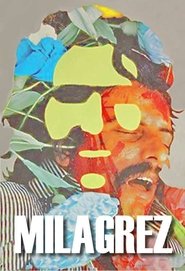 Documentary on Antonio das Mortes Glauber...
Documentary on Antonio das Mortes Glauber...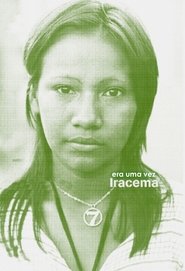
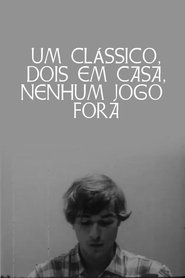 Love sex and death get mixed...
Love sex and death get mixed...